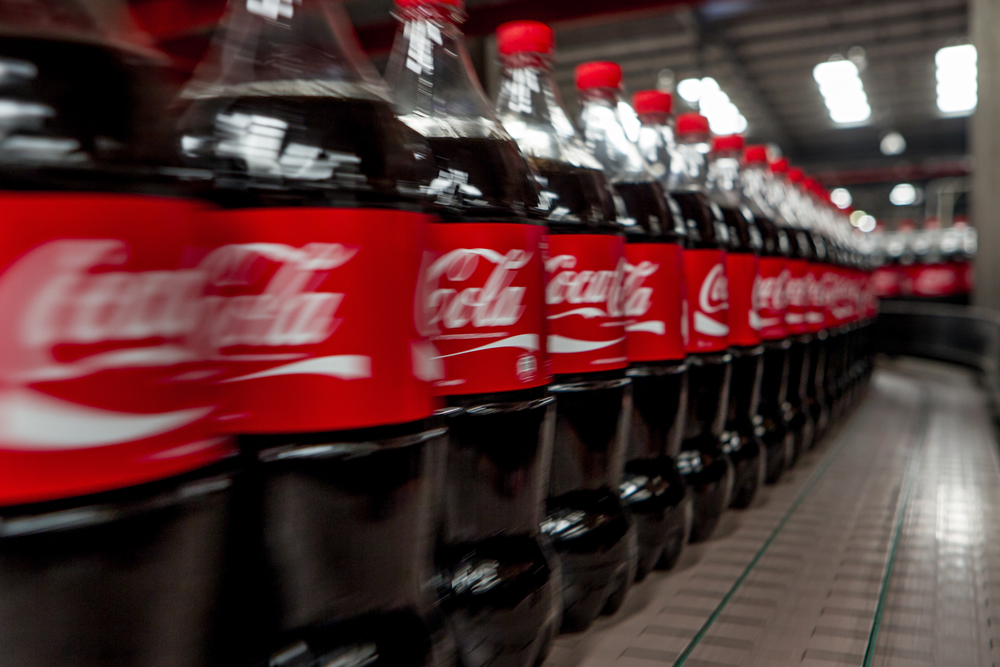Drinks firms agree to stop selling sugary drinks to Dutch high schools
 Soft drink manufacturers have agreed to stop placing sugary drinks in vending machines and canteens at Dutch high schools from the end of next year as part of ongoing efforts to boost healthy diets among teenagers.
Soft drink manufacturers have agreed to stop placing sugary drinks in vending machines and canteens at Dutch high schools from the end of next year as part of ongoing efforts to boost healthy diets among teenagers.
‘We want to help youngsters make a more healthy choice,’ Raymond Gianotten, director of the soft drinks and fruit juice association told RTL Nieuws.
The decision is part of a Europe-wide agreement made by the industry to end the availability of sugary drinks in schools and also falls under Dutch government efforts to offer healthier food at school canteens, the association said.
By the end of next year, schools will only sell soft drinks with no or few calories. Light versions of popular fizzy drinks will remain on sale. ‘There is nothing the matter with them,’ Gianotten said. ‘They have no sugar and few calories. You can drink them without consuming too many calories.’
Products are classified as ‘light’ if they contain 30% less sugar, fat or carbohydrates than the original product.
Research by public health institute RIVM in 2016 found that schools had already been replacing unhealthy drinks in vending machines.
Thank you for donating to DutchNews.nl.
We could not provide the Dutch News service, and keep it free of charge, without the generous support of our readers. Your donations allow us to report on issues you tell us matter, and provide you with a summary of the most important Dutch news each day.
Make a donation